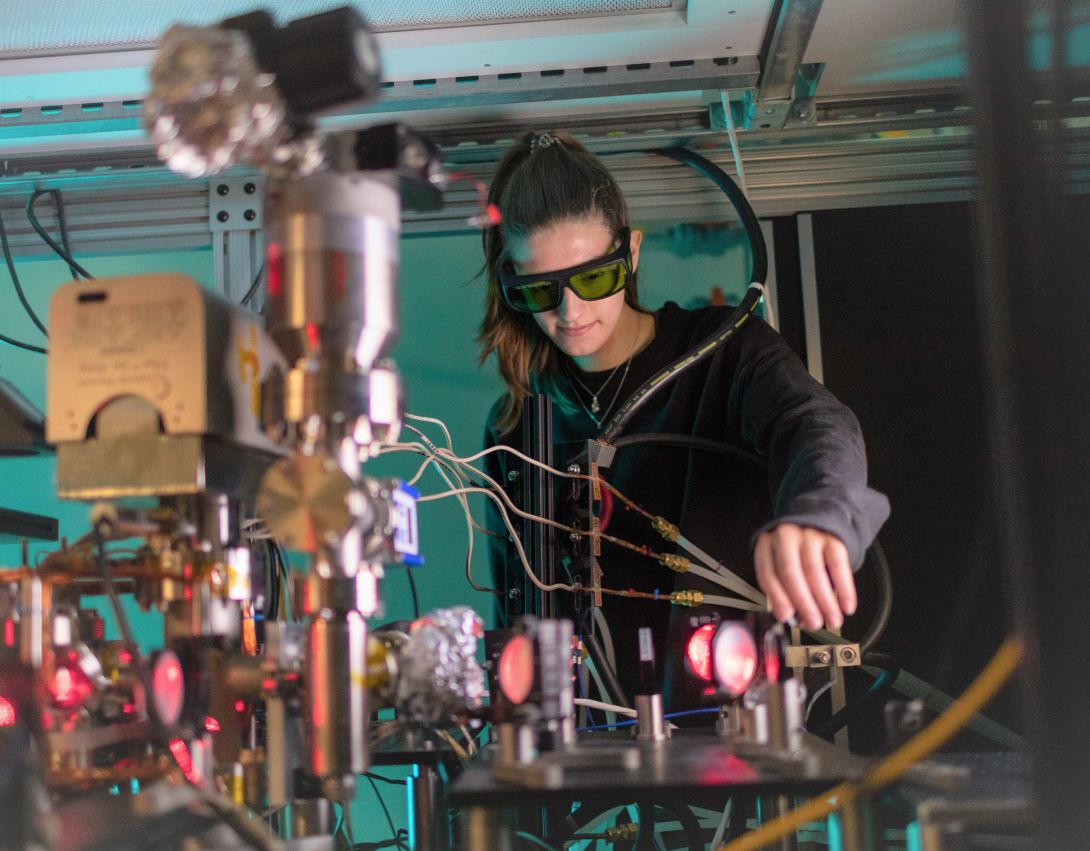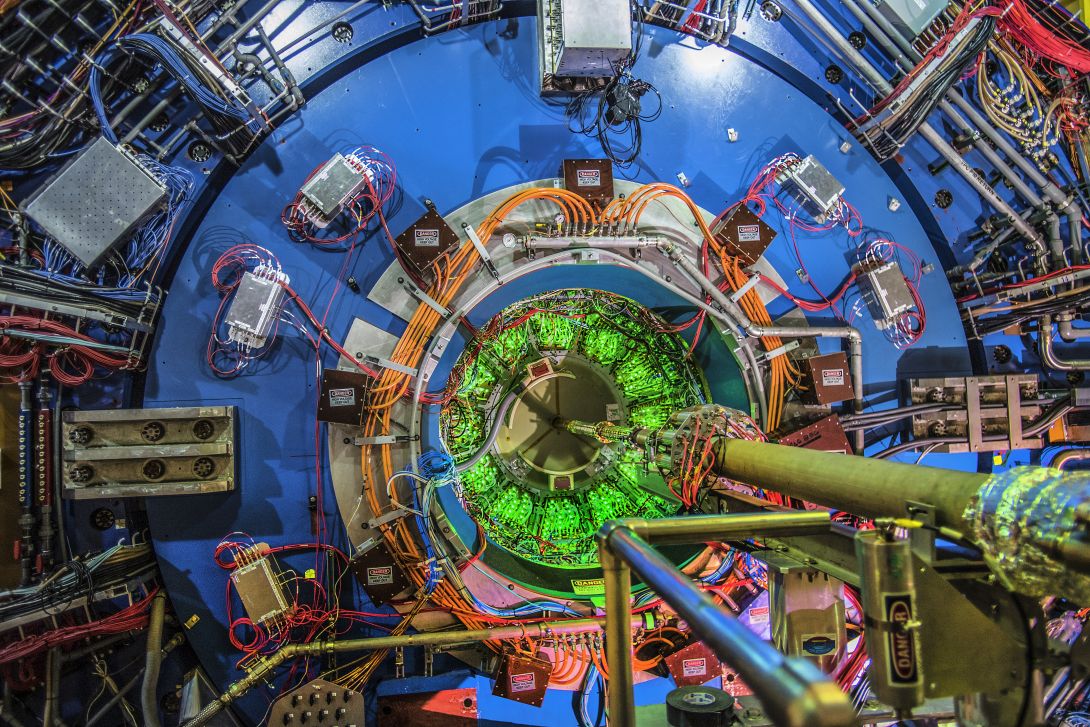The Department of Physics provides students with a strong interest in physics or astrophysics with a faculty keenly interested in fostering their growth through a range of undergraduate courses and individual research opportunities. Educational programs in basic physics, astrophysics, and applied physics can be tailored to suit a student’s interests and needs.
Lehigh offers the following undergraduate degrees in physics, astrophysics, astronomy, and applied physics:
- Bachelor of Science in Physics
- Bachelor of Arts in Physics
- Bachelor of Science in Astrophysics
- Bachelor of Arts in Astronomy
- Bachelor of Science in Engineering Physics
These degree programs share a common core of physics and mathematics courses so that students can defer choosing among them until after the first year, and changes can be made even later.
The Department has a highly research active faculty that offers students opportunities to have close interactions with faculty members and to engage in high-level research experiences. Student research can be arranged informally as early as the sophomore year or formally as a junior or senior research course. Summer research opportunities are also available.
Minor programs in physics and astronomy are also available for students who wish to enlarge their possibilities for a career choice or who are eager to learn more about physics or astrophysics.



